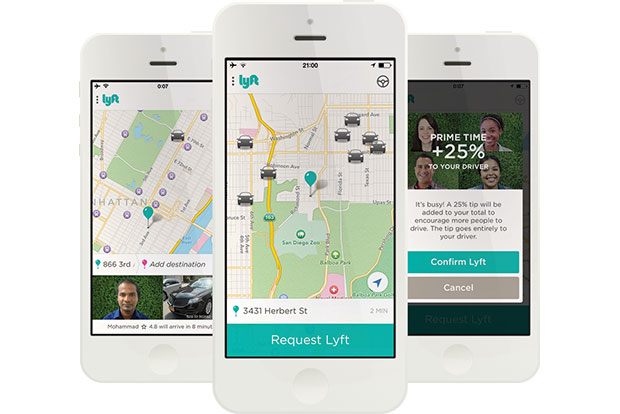Begin typing your search...
Business common sense: Adapting to change
Technology is bringing in changes to the way we travel and stay. Business models are changing in the transportation and hospitality industry. There used to be a time when you had to own a car to live a comfortable life. It gave you freedom of movement and afforded you the flexibility.

Chennai
However, did you know that our cars remain idle for 90% of their life? We mostly use it for commute from home to office and back and at other times, it remains parked at office or at the garage at home.
John Zimmer, a student of hotel management at Cornell University, saw an opportunity to put to use the idle hours of the cars. He along with his friend created an app called ‘Lyft’ which helped car owners offer rides to others while having the ability to earn money. Now, that simple idea has spawned a company that is worth over USD 5 Billion.
The hotels have a curious case that has baffled me for long. Most people who book a room only stay a few hours during the day. Most use it to quickly take a shower, dress up and rush to series of meetings. Even though you only use it for a few hours and you were never physically in the room for most of the day, you still have to pay for the entire day. That’s the way hotels operate around the world.
Vinil Reddy, who was earlier a CEO of a real estate company, saw a mismatch in what the business travellers wanted and what the industry offered. Being an entrepreneur at heart, he sensed a business opportunity. He created an accommodation space, aptly titled ‘FreshUp’, where people can stay at the hotel for a few hours and only pay for the hours they have used. He realised that there are business travellers who are day travellers. They are the ones who travel to another city in the morning, finish their meetings and leave back to their home at night. For such people, the important things are a place to rest for a couple of hours, take a nice hot shower, get dressed, use the WiFi to get some work done and head for meetings. Vinil’s concept of FreshUp is minimalism with purpose.
We notice the same ‘minimalism with purpose’ concept with airlines. Recently, I got to sit down with Ajay Singh, the founder & CEO of SpiceJet. When he founded the airline, most of his competitors were full service carriers (think Jet Airways and Kingfisher Airlines) which offered meals on board. Ajay created a ripple when he began to charge for food. He realised that passengers wanted cheaper airfares and hence detached the cost of food from the ticket cost and made it optional. He focused on the bare essentials of ontime arrival and lower cost. Now, SpiceJet makes a profit of Rs. 1 crore everyday (yes, every day!) while Kingfisher Airlines is defunct.
These three case studies teach us an important lesson. By using business common sense, leveraging the power of technology and thinking outside of the box, you can create new businesses that work.
The writer is a digital entrepreneur, professor and author of five books. He can be reached at Kiruba@Kiruba.com
Visit news.dtnext.in to explore our interactive epaper!
Download the DT Next app for more exciting features!
Click here for iOS
Click here for Android
Next Story



